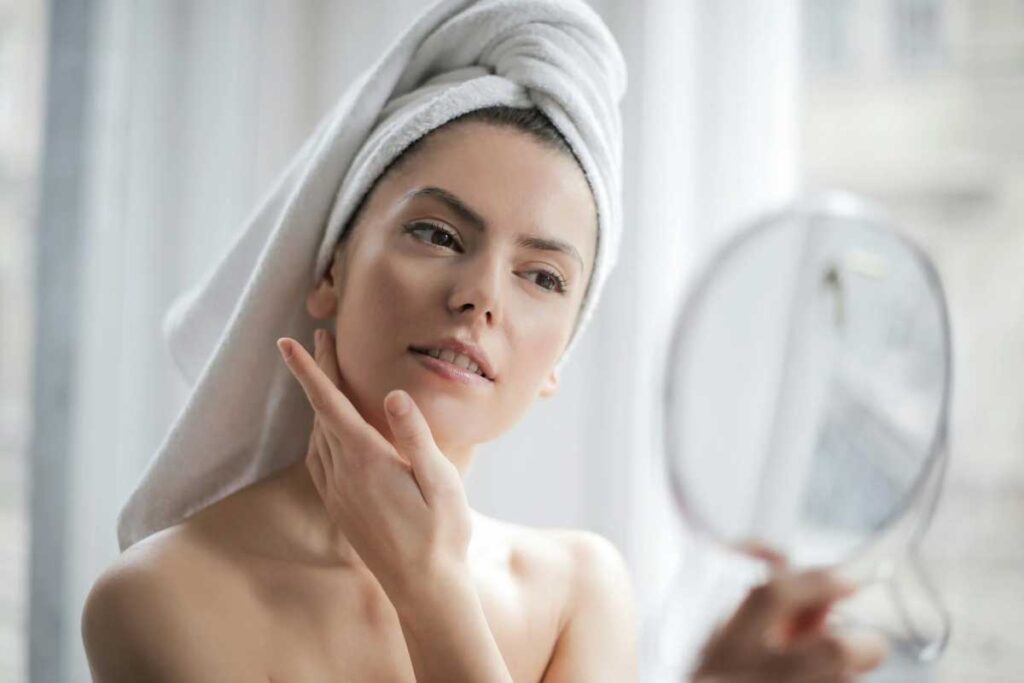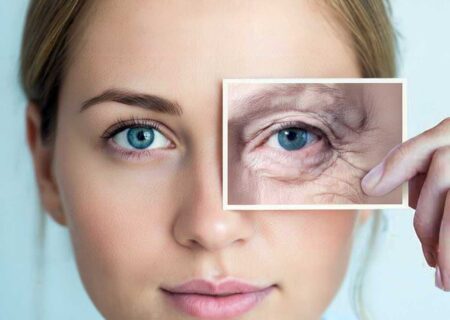Prioritizing skincare is essential during the summer months as temperatures rise and the sun’s rays intensify. While basking in the sun can feel blissful, prolonged exposure without proper protection can lead to premature aging and skin cancer. To combat these risks, it’s essential to establish a solid skincare routine tailored to the summer season.
In this article, we’ll explore why sun protection is vital and the impact of UV rays on the skin. We will also understand how to build a comprehensive summer skincare regimen to shield your skin from harm.
The Threat of UV Rays
Ultraviolet (UV) rays, mainly UVA and UVB, are released by the sun. According to the World Health Organization, the body needs trace amounts of UV radiation. They are essential to the synthesis of vitamin D. Excessive amounts, however, are frequently linked to detrimental effects on health and have the potential to cause cancer.
In particular, UVB rays can lead to sunburn and are a major factor in the development of skin cancer. However, wrinkles and fine lines appear earlier than they should because UVA rays break down collagen and elastin fibers.
Excessive exposure to UV radiation raises the risk of developing skin cancer, especially melanoma, which is the most deadly type. Additionally, UV rays can trigger hyperpigmentation, dark spots, and uneven skin tone, further emphasizing the importance of sun protection.
Building Your Summer Skincare Arsenal
Now that we are aware of the risks posed by UV rays, let’s look at creating a thorough skincare regimen. The following routine will help minimize sun damage and keep your skin healthy and radiant all summer.
Daily Sunscreen: The Foundation of Sun Protection
The foundation of your summertime skincare regimen should be sunscreen. The American Academy of Dermatology claims that it reduces the chance of getting skin cancer. Since skin cancer can affect anyone, regardless of gender, skin tone, or age, everyone should have sunscreen in their routine.
Choose a broad-spectrum sunscreen that offers at least SPF 30 protection against UVA and UVB rays for your skin. Apply sunscreen liberally to your entire body, covering any exposed areas, at least fifteen minutes before venturing outside. Reapply every two hours; if you’re swimming or perspiring a lot, apply more frequently.
Hydration and Repair: Nourishing Your Skin Barrier
Hydration is key to maintaining a healthy skin barrier, as heat and sun exposure can strip moisture from your skin. Sun damage during summer can leave the skin parched. When not hydrated, the skin loses its elasticity, making it prone to acne and other problems. This can also result in lines and wrinkles on your face, showing signs of early aging.
You should choose lightweight, non-comedogenic moisturizers infused with hyaluronic acid or ceramides to replenish hydration without clogging pores. Additionally, products with niacinamide or peptides should be incorporated to repair and strengthen the skin barrier. This will lessen the chance of inflammation and sun damage.
You can also use body butter for moisturization. According to Bee Inspired Goods, body butter helps smoothen your skin’s texture. It uses fats and other raw materials to moisturize your skin. However, be cautious of body butter that contains artificial fragrances and chemicals. You can read product labels for information on the ingredients.
You are advised to choose products made from natural ingredients such as honey, butter, plant-based oil, and more. A honey body butter blends all these ingredients in proportion to enhance your skincare routine. These products are free of harsh chemicals that may cause harm to your skin.
Antioxidant Serums: Combatting Free Radical Damage
Incorporate antioxidant-rich serums into your skincare regimen to neutralize free radicals generated by UV exposure. While they should not replace sunscreen, they can complement its protection by providing an additional defense against UV-induced free radicals. By doing this, you can lessen the effects of sunburn, sun spots, and early signs of aging brought on by prolonged sun exposure.
As stated in an NCBI study, a topical antioxidant serum is safe for use and effective at addressing facial photodamage. The study concluded that the use of this serum resulted in significant improvements in all facial photodamage parameters. It accomplishes this by promoting the synthesis of collagen and elastin.
Seek serums that include green tea extract, ferulic acid, and vitamins C and E. These components improve the efficacy of sunscreen and shield the skin from oxidative stress. To maximize their benefits, apply antioxidant serums after cleansing and before moisturizing.
Antioxidant serums can also help you achieve a radiant complexion by evening out and brightening your skin tone. Vitamin C, in particular, is well known for its capacity to make skin appear more radiant. By encouraging the synthesis of collagen and preventing the production of melanin, it gives the appearance of being more radiant.
Frequently Asked Questions
Can I Skip Sunscreen if I Wear Makeup With SPF?
Even though SPF-rated makeup can offer some protection, it’s typically insufficient. For added protection, it’s best to layer sunscreen underneath your makeup.
Do I Need to Wear Sunscreen Indoors?
It’s still crucial to wear sunscreen indoors because UV rays can pass through windows. This is particularly true if you spend a lot of time in front of a computer screen or sitting close to a window.
Can I Use Expired Sunscreen?
Sunscreen that has gone bad is not advised because its effectiveness might be weakened. You should always check the packaging to see the expiration date, and if it has expired, replace it with a new one.
How Can I Protect My Lips From Sun Damage?
While focusing on the skin, we sometimes forget to protect our lips from harmful sun exposure. To shield your lips from UV rays, look for lip balms or lipsticks with SPF.
In conclusion, protecting your skin from sun damage during the summer should be your priority. By following a good skincare regimen, you can reduce the damaging effects of UV radiation and keep a healthy, glowing complexion all year round.
Prevention is always the key to shielding your skin from the sun’s harmful rays. As a result, you ought to spend money on high-quality skincare products and make wearing sunscreen a must daily.






